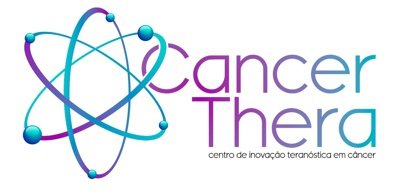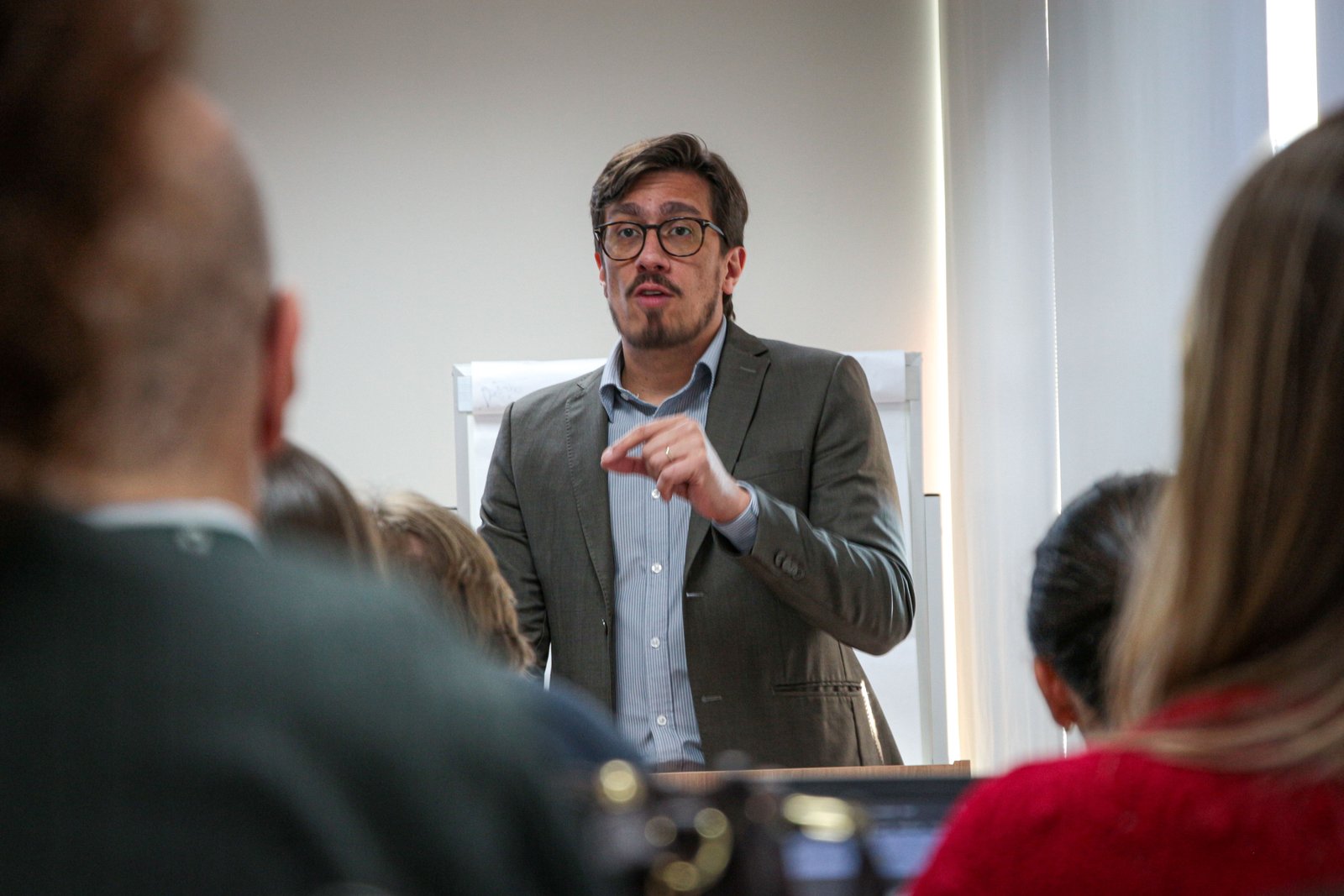“What is required to carry out regulatory clinical research in Brazil?” This was the question that guided the lecture given by Gustavo Mendes Lima Santos, pharmacist, historian, and master in Pharmacology and Toxicology, to an audience of 30 people, including principal investigators, associate researchers, and scholarship holders from CEPID CancerThera, on the afternoon of August 26, at the Hemocenter of the University of Campinas (Unicamp).
Director of Regulatory Affairs, Quality Control, and Clinical Studies at the Butantan Foundation, Mendes described the role of the Brazilian Health Regulatory Agency (Anvisa) — where he previously worked — highlighting the importance of strictly following the established guidelines for drug development and registration. He emphasized that it is a long and complex process that can take over a decade, requiring technical and scientific rigor at every stage. He then explored the key elements involved in this process, from the earliest studies to final regulatory approval.
Following Mendes’ presentation, Dr. Carmino A. de Souza, hematologist, professor at the School of Medical Sciences at Unicamp, and the lead researcher at CancerThera, commented that although clinical research is slow, expensive, and sometimes frustrating, it is essential for the advancement of humanity. “Medicine would not be what it is today without clinical research,” he said. As the leader of a research center committed to developing investigations with ethics and responsibility, Souza stressed: “It is up to us to carry out with professionalism and scientific honesty what we develop in our center.”
CancerThera’s central proposal is to explore and disseminate knowledge on the use of metallodrugs and radiopharmaceuticals in the theranostic approach to cancer (simultaneous diagnosis and therapy), covering everything from basic research to clinical research, including preclinical studies. The teams work in an integrated manner, moving through the different stages of these various research arms, always guided by Translational Medicine to identify diseases and propose possible treatments.
The audience was able to comment, ask questions, and even present one of CancerThera’s ongoing study proposals for discussion in a plenary session, involving the development of a drug for the treatment of skin cancer patients.
Regulations and documentation
In his speech, the lecturer emphasized the relevance of Normative Resolution (RDC) number 9, dated February 20, 2015, which represented a milestone by establishing clear parameters for the conduct of regulatory clinical research in the country. According to him, this progress is crucial to ensure that medicines are safe and effective before becoming available to the public.
“Regulatory clinical research is that which aims for the registration of drugs, which is the authorization that the State, through Anvisa, gives for a product to be made available or marketed in Brazil,” explained Mendes. He pointed out that authorization to conduct clinical research undergoes a strict approval process by the agency, culminating in the issuance of a Special Communication, a crucial document for both the importation of investigational products and the conduction of clinical trials within Brazil.
In Brazil, this entire process follows an established model, the Clinical Drug Development Dossier, which includes the preparation of key documents such as: the Drug Development Plan, outlining studies already conducted, ongoing, and planned; the Specific Clinical Trial Dossier, which contains the protocol for each study; the Investigator’s Brochure, a compendium of clinical and non-clinical data obtained so far, also including an assessment of risks and observed adverse events; and the Investigational Medicinal Product Dossier, which gathers detailed information about the product, from the manufacturing process to quality control methods.
The lecture thus highlighted that drug development requires not only a high level of technical and scientific rigor but also a deep commitment to regulatory compliance, ensuring that products reach the market safely and effectively.
Text: Romulo Santana Osthues | Photos: Personal archive










